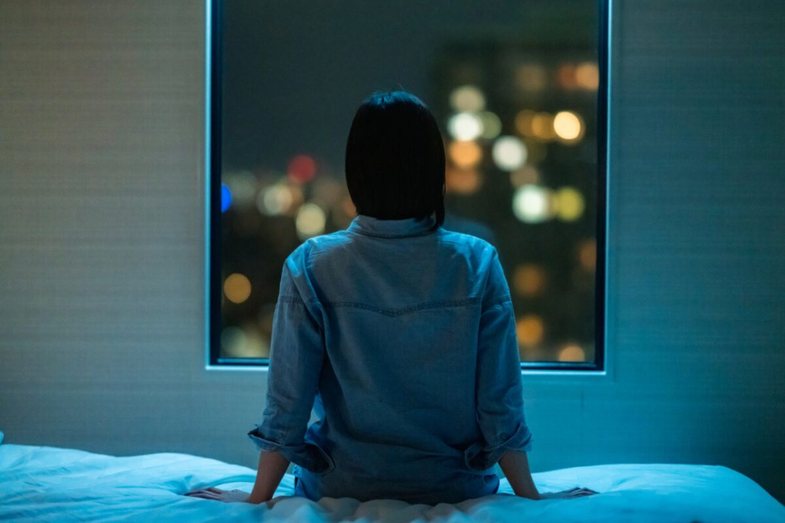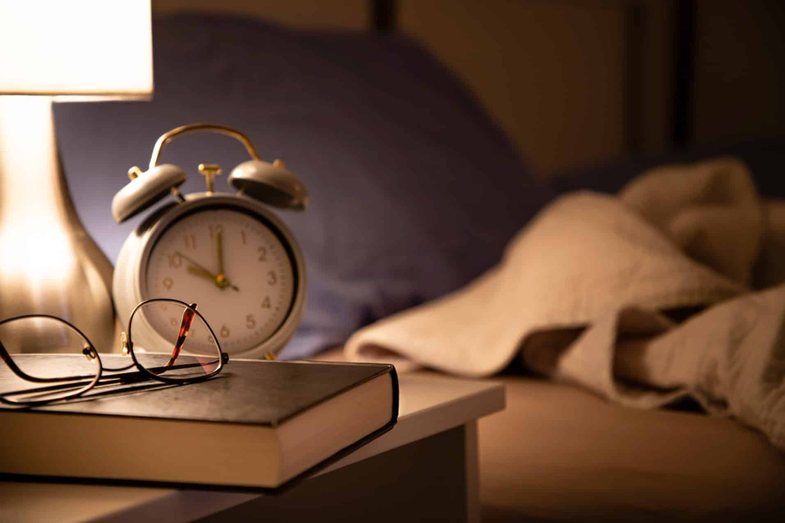
The pressures of work, family, long hours spent outside the house on the weekend make it almost impossible to maintain an accurate and stable sleep schedule. New research from Augusta University in Georgia says this clock disruption may be linked to accelerated biological aging.
Approximately one in three adults report not getting enough sleep each day. Various studies have linked lack of sleep to a variety of mental and physical disorders, including heart disease, stroke, obesity, and more.
Writing in the journal Sleep Health, researchers evaluated data from 6,052 adults who participated in the US National Health and Nutrition Examination Survey. The focus was on sleep parameters such as duration, quality of sleep and irregular schedules.

"In this study, we found that disturbed sleep over the weekend is associated with accelerated biological aging," study author and professor of medicine Xiaoling Wang told Newsweek.
What lies behind the negative results in this study is related to the idea that the possible culprit is the disruption of the internal circadian rhythm (sleep-wake).

Our bodies are programmed to a schedule that the body has become accustomed to over time. "Individuals who frequently change their sleep/wake cycle may experience mismatch between biological time and external time (light, sun). Therefore, circadian disruption may be the main mechanism linking sleep deviations and biological aging," Wang said. .
According to experts, the factors related to the modern lifestyle, such as long exposure to light, night life and the use of electronic devices are the main factors that contribute to the disruption of sleep and consequently lead to premature aging.
Source: Newsweek





